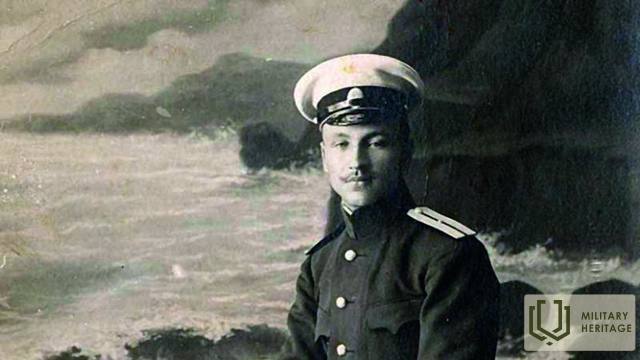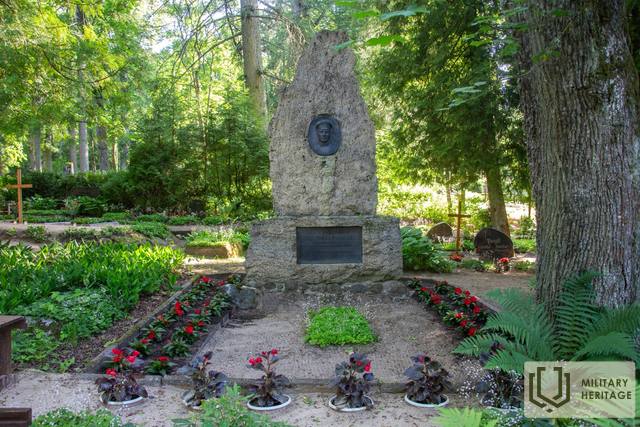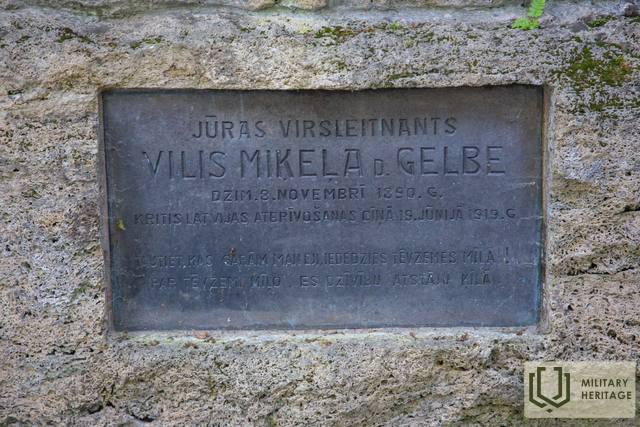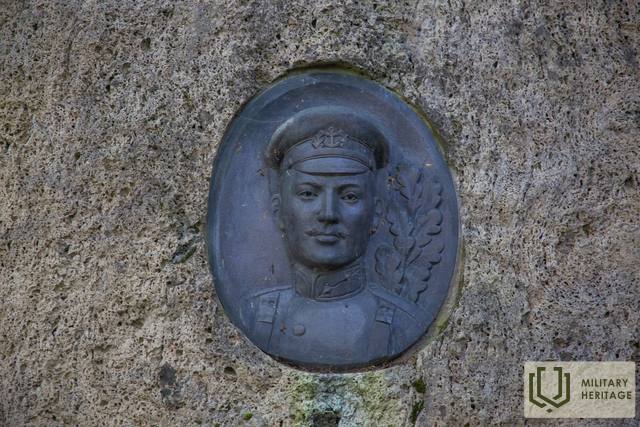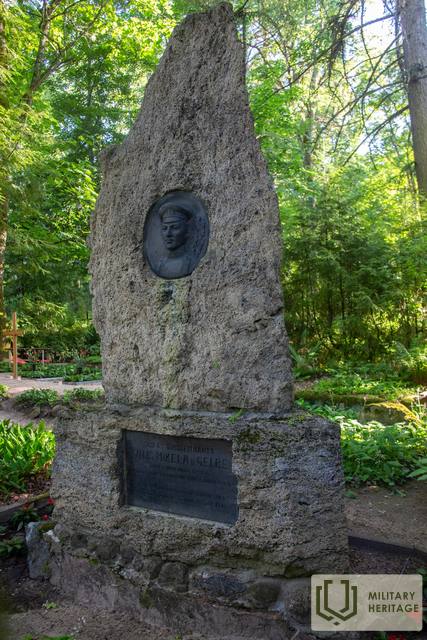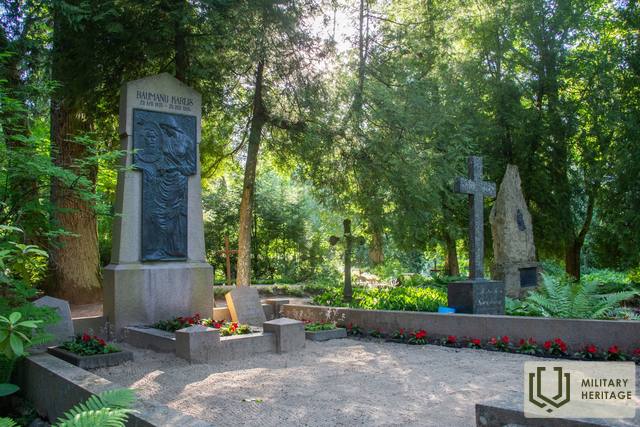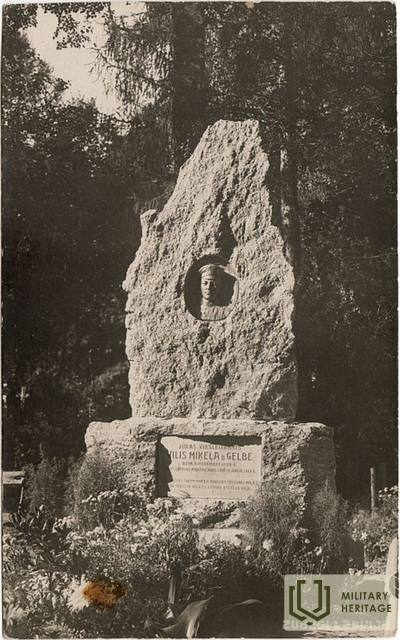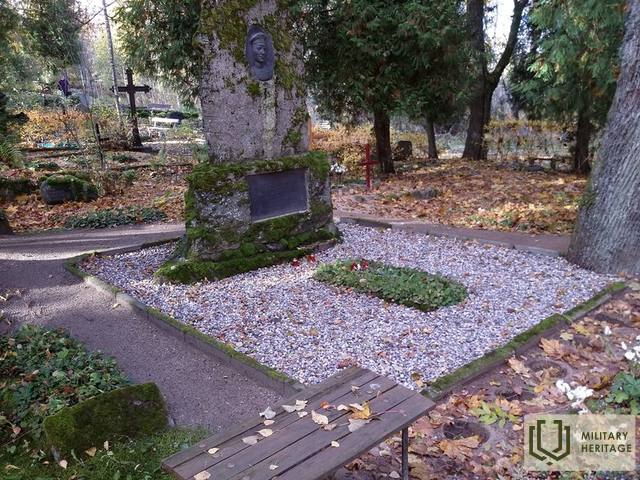Paminklas karinio jūrų laivyno leitenantui L.k.o.k. Vilis Gelbes (1890-1919)
Memorialinė vieta
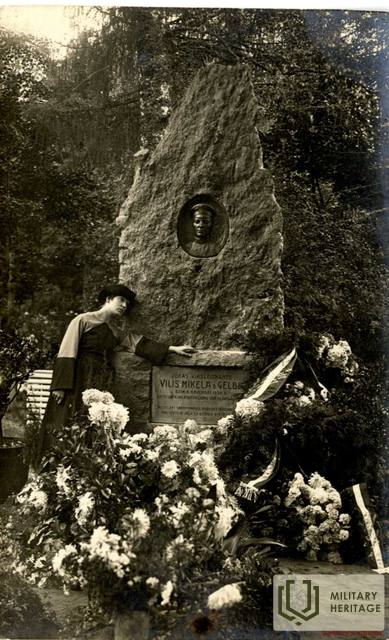

 90
90



Įsikūręs Limbaži Jūros gatvės kapinėse, Jūros g. 56, Limbaži
Eksponuojamas paminklas, kurį 1922 m. rugsėjo 10 d. atidengė tuometinis Latvijos prezidentas Janis Čakste, su poeto Vilio Plūdonio dedikacija Viliui Gelbui:
„Mano žmonės, kurie eina pro mane, dega meile savo tėvynei,
"Dėl savo mylimos tėvynės pažadu savo gyvybę."
Vilis Gelbė (1890–1919) gimė Kurše, Zemytės valsčiuje, tačiau buvo glaudžiai susijęs ir su Limbažių puse, nes prasidėjus Latvijos nepriklausomybės karui, iš Sankt Peterburgo grįžo į Latviją ir įstojo į Šiaurės Latvijos brigadą.
1919 m. gegužę V. Gelbis vadovavo Limbažiuose, tapo srities karo komendantu ir sugebėjo įkvėpti vietos vyrus ir net labai jaunus berniukus stoti į kariuomenę.
Tuo metu V. Gelbės veikla Limbažiuose ir apylinkėse buvo labai reikšminga; jo pareigos apėmė ne tik tvarkos palaikymą mieste ir apylinkėse, bet ir mobilizaciją, kareivių ir arklių aprūpinimą maistu bei daugelio kitų klausimų, kurie negalėjo būti įtraukti į įsakymus ir instrukcijas, sprendimą. Jo organizuota komendanto komanda veikė kaip koordinuotas mechanizmas, suteikiantis Šiaurės Latvijos brigadai kuo efektyvesnę pagalbą. Komendanto komanda ypatingais atvejais eidavo į pagalbą reguliariajai armijai, o naujiesiems kariams rodydavo pavyzdį. V. Gelbė buvo pirmasis Latvijos armijos karininkas, pasiūlęs savo pavaldinius apdovanoti III laipsnio Imantos ordinu. Ordino tuo metu dar nebuvo. Imantos vardas viešumoje pasirodė tik 1920 m. kovo 20 d., kai saugumo ministrui Kārliui Ulmaniui buvo pateiktas siūlymas dėl karinio ordino įsteigimo. Tačiau ordinui buvo pasirinktas Lāčplēsio vardas.
Cėsių mūšio metu Vilis Gelbė žuvo 1919 m. birželio 19 d. žvalgybos misijos metu. Vėliau Gelbė buvo apdovanotas Lačplėšio karo ordinu, tačiau istorikai mano, kad jo indėlis nebuvo tinkamai įvertintas. Taip yra daugiausia dėl Gelbės narystės Šiaurės Latvijos brigadoje.
Vadinamoji Pietų Latvijos brigada, kuriai iš pradžių vadovavo Oskaras Kaplakas, o vėliau – Janis Baložas, varžėsi su Šiaurės Latvijos brigada, kuriai vadovavo Jorgis Zemitānsas.
Panaudoti šaltiniai ir literatūra:
https://www.sargs.lv/lv/vienibas-un-personibas/2016-11-25/mazak-zinamais-ziemelnieks-vilis-gelbe
https://www.lsm.lv/raksts/dzive--stils/vesture/izdota-gramata-par-brivibas-cinu-dalibnieku-vili-gelbi.a298469/
Susijusi laiko juosta
Susijusios temos
Susijusi istorija
Apie nacionalinį patriotą pirmąjį leitenantą Vilį Gelbį
Pulkininko leitenanto Vilio Gelbės (1890–1919) likimas atspindi sunkią situaciją kuriant mūsų valstybę ir kariuomenę, taip pat šių įvykių vertinimą.
1918 m. lapkričio 18 d. paskelbus Latvijos valstybę, prasidėjo Latvijos nepriklausomybės karas ir ginkluotųjų pajėgų kūrimo darbai. Pirmosiose Latvijos savanorių kareivių gretose buvo Kurše gimęs jūrų leitenantas Vilis Gelbė.
Cėsių mūšio pradžia, eiga ir pabaiga
Pergalė Cėsių mūšyje turėjo tapti lūžio tašku Latvijos ir Estijos kovoje už savo šalies nepriklausomybę. Ši pergalė sustabdė Andrijevo Niedros vyriausybės ir vokiečių generolo Rüdigerio fon der Golco planus užkariauti Pabaltijį. Vietoj to, Liepojoje savo veiklą atnaujino Karlio Ulmanio vadovaujama Laikinoji Latvijos vyriausybė.




